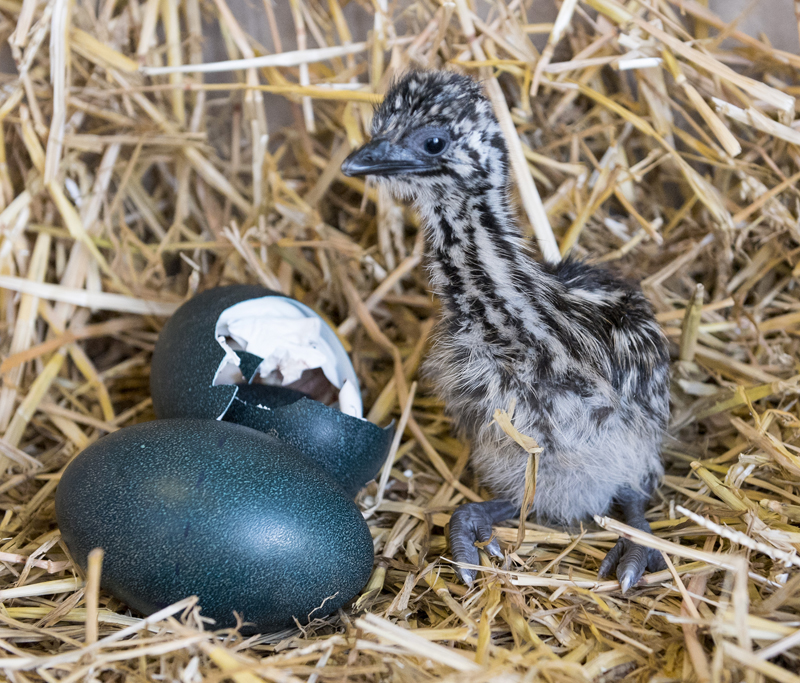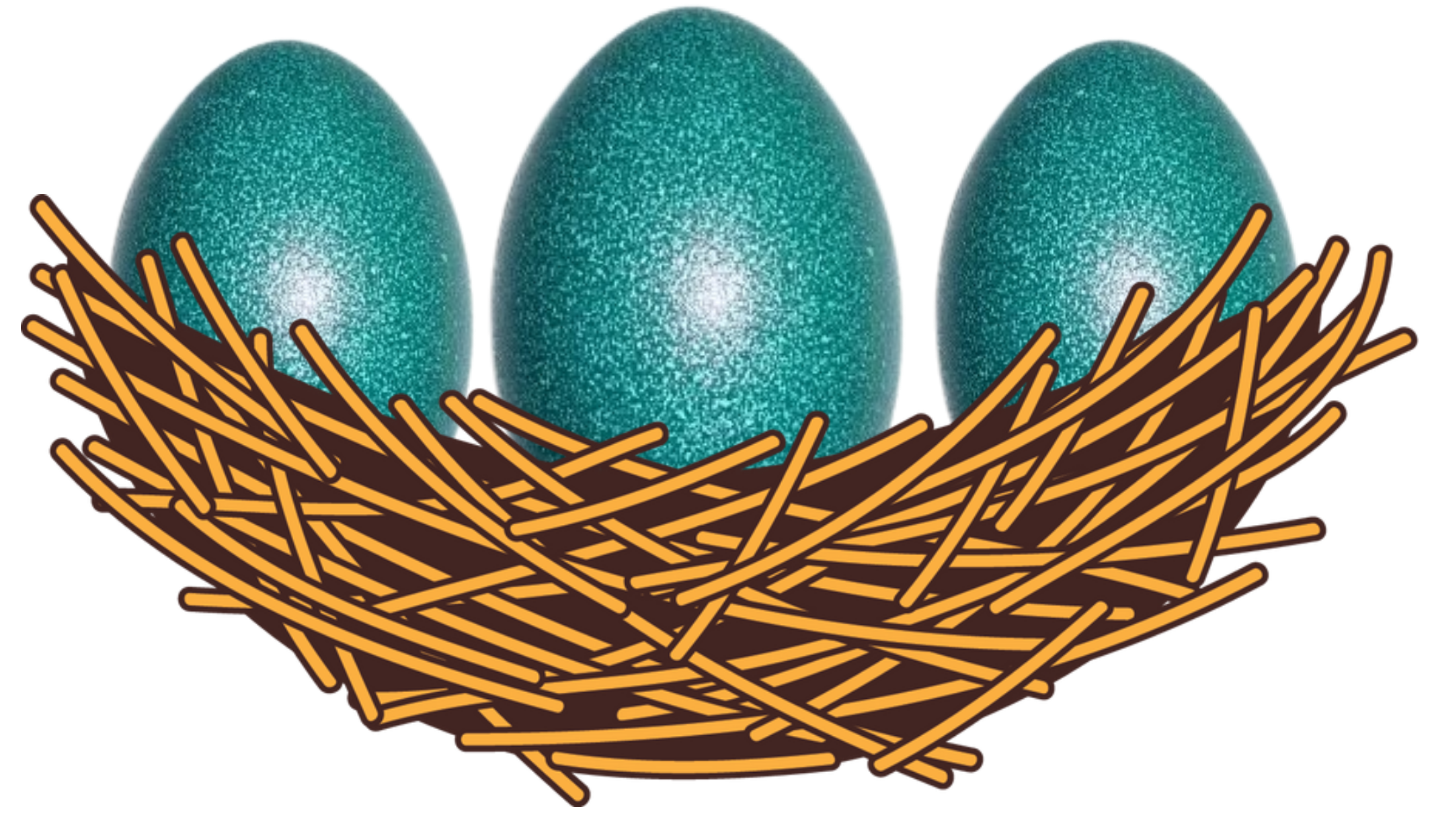Emu eggs farming, particularly focusing on the production of fresh eggs. The practices involved in nurturing these marvelous creatures and harvesting their eggs. Your consideration for both the emus and the environment is truly admirable. Emu farming surround a myriad of practices, from breeding and rearing to the delicate art of egg collection. Ensuring that our practices not only preserve but enhance the majestic birds and the environment they inhabit.
Breeding Emu eggs
Breeding emus is not just a simple an intricate dance of nature and careful planning that ensures the continuation of these magnificent creatures. In this section, the fascinating world of emu breeding, exploring both the natural wonders and the human interventions that play a role in this process.
The Breeding Process
At the heart of emu farming lies the breeding process, a fundamental aspect that determines the future of the emu population. Emus are unique birds with their own set of behaviors and reproductive patterns. Understanding these difficulty is key to successful breeding.
Emus typically breed during the warmer months. The female emu lays large, dark green eggs, which are then incubated either naturally or artificially.
Natural and Artificial Breeding Methods
Natural breeding allows emus natural behaviors and impulse, potentially resulting in healthier offspring. However, it also comes with its challenges, such as the need for compatible breeding pairs and the risk of predation.
On the other hand, artificial breeding offers greater control over the breeding process, allowing farmers to select specific traits and improve genetic diversity. This method often involves techniques such as artificial fertilization, which can increase breeding success rates.
Artificial Breeding on the Emu Population
Artificial breeding can be a valuable in emu farming, it’s essential to consider its potential consequences on the overall population. Furthermore, there are ethical reflection to ponder. These are questions that demand careful reflection and consideration as we navigate the difficulty of emu breeding.
Emu Farming Practices

Emu farming isn’t just about raising birds for profit. In this section, ethical farming practices that form of successful emu farms.
At the heart of every responsible emu farm lies ethical treatment. These guiding principles shape every aspect of farm management, from day to day care to long term planning.
Ethical farming practices order the emus, ensuring they are treated with respect and dignity throughout their lives. This involves providing ample space for natural behaviors, access to clean water and nutritious food, and humane handling techniques.
One of the ethical emu farming is the emphasis on free range living. By allowing emus to roam freely in spacious, farmers can promote physical and psychological well -being.
Ethically raised emus are also afforded a high standard of care throughout their lives. This means health and welfare above all else, whether it’s providing veterinary care when needed or ensuring they have access and protection
Health Issues:
In the world of emu farming, ensuring the comfort and health of these magnificent birds is of greatest importance. This critical aspects of housing conditions and health management within the emu farming.
By prioritizing suitable housing conditions, farmers not only safeguard the welfare of their emus but also lay the foundation.
Preventive measures such as vaccination regimes, balanced nutrition, and stringent biosecurity protocols against disease outbreaks. Furthermore, fostering a clean and hygienic living environment minimizes the risk of contagion and enhances overall flock health.
In essence, organize proper housing conditions and proactive health management underscores the commitment of emu farmers to the well-being of their avian companions. By providing a nurturing environment and protective healthcare, farmers ensure that their emus and flourish in every aspect of their existence.
Fresh Emu Eggs for Incubating
Emu farming, the nurturing life begins with the delicate art of incubating fresh emu eggs. This segment offers insights into the meticulous process of collecting, handling, and incubating these precious orbs, along with invaluable tips for ensuring successful hatching.
The quest for new life commences with the careful collection and handling of fresh emu eggs.
Proper handling techniques are paramount to preserving the integrity of the eggs, ensuring they remain viable for the incubation process. Gentle handling minimizes the risk of damage to the delicate shells, safeguarding the potential life within.
The eggs at regular intervals prevents to the inner membrane, promoting uniform growth and healthy development. This simple yet crucial step maximizes the chances of successful hatching.
As the incubation period draws to a close, farmers eagerly await the emergence of new life from within the shells. With breath and hopeful hearts, they witness the miracle of birth as tiny emu chicks break free from their shells, heralding the dawn of a new generation.
In essence, incubating fresh emu eggs is a testament to the resilience of life and the dedication of emu farmers. Through meticulous care and nurturing, they ensure that each precious egg has the opportunity to fulfill its potential, enriching the tapestry of emu farming with the promise of new beginnings
Emu farming is a delicate balance of science, care, and responsibility. From breeding to housing, and from health management to egg incubation, every aspect of emu farming requires careful attention and dedication. By sustainable and ethical practices, farmers ensure the well-being of their emus while preserving the environment for future generations. In the heart of every emu farm lies a commitment to a deep appreciation for the wonders of nature.





